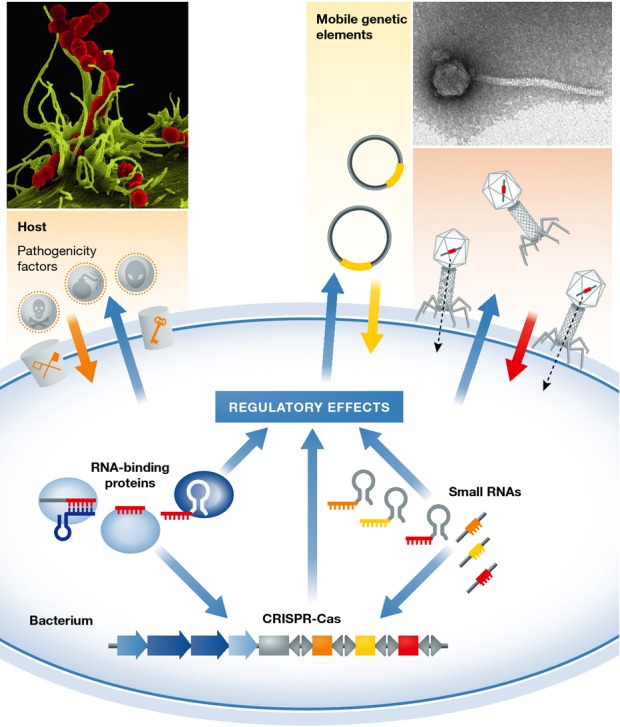Figure 1. Regulatory functions of CRISPR-Cas systems in bacteria.

The CRISPR-Cas system is an RNA-mediated adaptive defense system against mobile genetic elements such as phages or plasmids. In the case of Streptococcus pyogenes, the type II CRISPR-Cas system (CRISPR-Cas9) influences the virulence potential of the human pathogen by limiting the acquisition of virulence genes carried on temperate phages. It has also been reported that in, for example, Francisella novicida, the type II CRISPR-Cas system has evolved a regulatory function in the virulence of the human pathogen, independently of its role as an immune system. Ribonucleoprotein complexes encoded by CRISPR-Cas systems target the DNA or RNA of invading genomes (adaptive immune function against mobile genetic elements, bacteria and archaea) and were also reported to target mRNAs (regulatory function in endogenous gene expression, e.g., F. novicida). Electron micrographs, courtesy of Manfred Rohde, HZI, Braunschweig, Germany.
